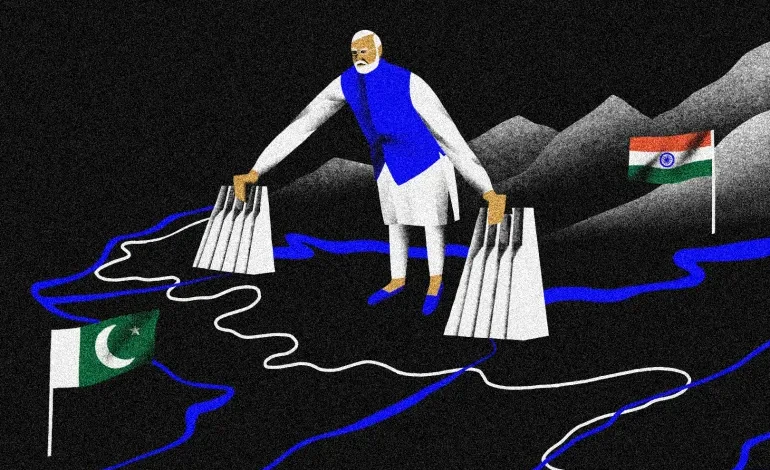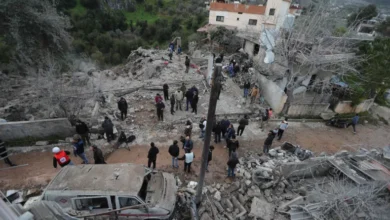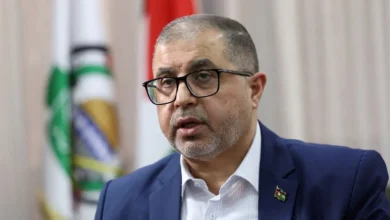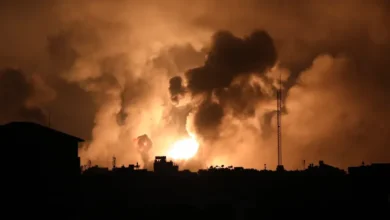Can India stop Pakistan’s river water — and will it spark a new war?

Seven decades ago, one of South Asia’s greatest fiction writers, Saadat Hasan Manto, published a short story set in a village in Pakistan’s Punjab province. The plot revolved around rumours of an Indian plan to “shut down” water to Pakistan by closing off rivers that irrigated the province’s crops.
A character in the 1951 story titled Yazid responds to that chatter by saying, “…who can close a river; it’s a river, not a drain.”That theory is now on test, 74 years later — with implications for two of the world’s most populous nations that are also nuclear-armed neighbours.
In April 2025, after gunmen killed 26 civilians, almost all tourists, in an attack in Indian-administered Kashmir, New Delhi blamed armed groups that it said were backed by Pakistan for the violence.
India announced it was walking out of the Indus Waters Treaty (IWT), a six-decade-old transboundary water agreement that governs the division of water from the Indus Basin’s six rivers. The treaty is a lifeline for more than 270 million people, most of whom live in Pakistan.
A day after India’s announcement, Pakistan’s National Security Committee (NSC), the country’s top security body, rejected the “unilateral” move, warning that “any diversion of Pakistan’s water is to be treated as an act of war”.
In the weeks that followed, India and Pakistan engaged in an intense four-day conflict in May, during which both countries exchanged missile and drone strikes, before US President Donald Trump announced a ceasefire between them.But though the guns have fallen silent, for now, the neighbours have both launched diplomatic campaigns aimed at convincing the world about their narratives.
And India has refused to reconsider its decision to set aside the IWT. On June 21, Amit Shah, India’s home minister and the man widely considered as the second-in-command to Prime Minister Narendra Modi, declared the treaty would remain suspended permanently.“The treaty preamble mentions that it was for peace and progress of the two countries, but once that has been violated, there is nothing left to protect,” he said.
For Pakistan, a lower riparian country, even the possibility of water disruption is an existential threat.
Blocking river flows threatens agriculture, food security, and the livelihoods of millions. It could also, warn experts, set the stage for a full-fledged war between India and Pakistan.
So can India really stop Pakistan’s water? And can Pakistan do anything to mitigate that risk?
The short answer: India cannot completely stop the flow of rivers into Pakistan, given the current infrastructure that it has. But experts caution that even a small diversion or blockage could hurt Pakistan, particularly during the winter season. And at the moment, Pakistan does not have the reservoirs it needs to store enough water to deal with the crisis it would face if India were to manage to stop the flow of the Indus Basin rivers.
A river that defines the region
The mighty Indus River, the 12th longest in the world, originates from Mount Kailash in Tibet at an elevation of 5,490 metres (18,000 feet).
It flows northwest, cutting through the scenic yet disputed Kashmir region, before entering Pakistan and travelling some 3,000 kilometres (1,864 miles) south to the Arabian Sea.
In Pakistan’s Khyber Pakhtunkhwa province, the Indus is joined by its western tributaries – the Swat and Kabul Rivers – as it carves through mountainous terrain.
Entering the fertile plains of Punjab, the river’s five eastern tributaries — the Jhelum, Chenab, Ravi, Beas and Sutlej — meet the Indus.
These rivers flow through Indian-administered Kashmir and other Indian states before entering Pakistan.
This geographic dynamic, with India as the upper riparian state and Pakistan the lower state, has fed into long-standing distrust between the neighbours.










